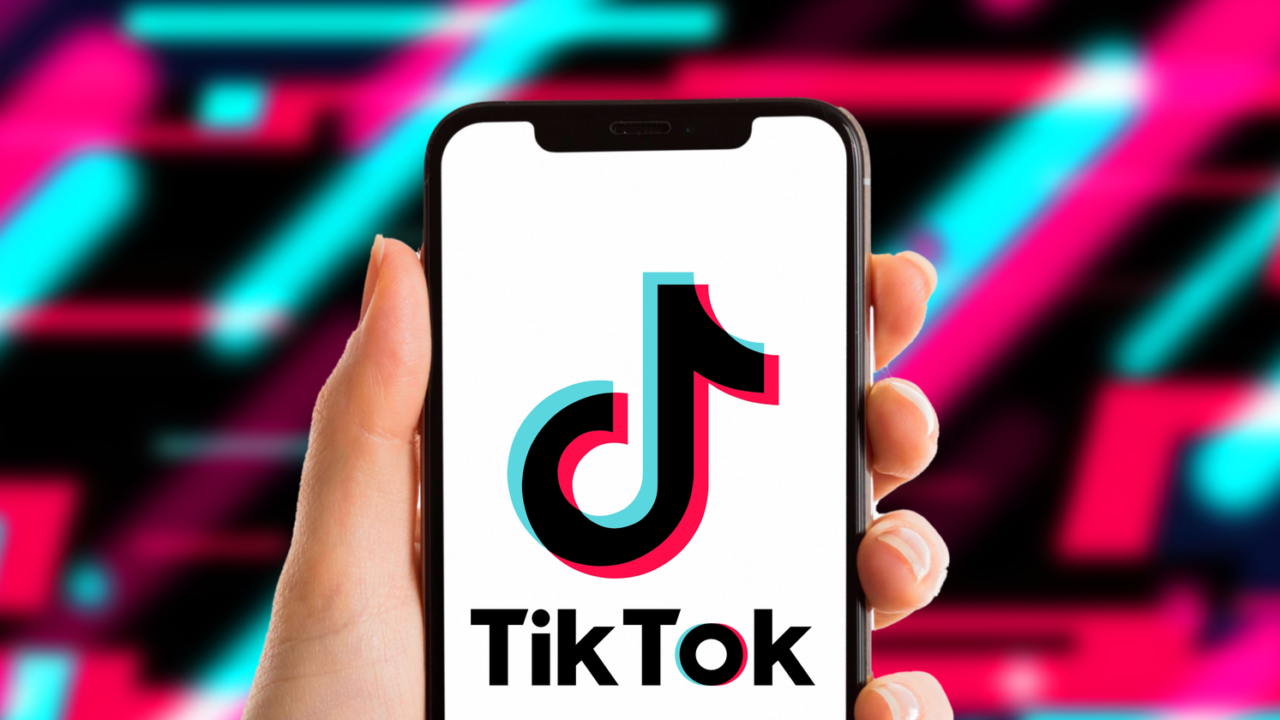Kelsey Burke joined TikTok in March 2019 to share funny videos with her friends. Little did she know that it would become a big part of her journey with autism.
The 22-year-old joined TikTok before she was diagnosed with autism spectrum disorder (ASD), but when content creators with autism started popping up on the app, she began to feel a connection.
“These videos were a catalyst for me – every single video made me feel heard. I remember thinking, ‘Wait, I’m doing this too… I’m doing that! Oh my gosh, I’m not the only one who does?’ †
Flash forward to now, after the official diagnosis in late 2020; Burke says the app has helped her feel more seen and understood.
“From interacting with my followers to seeing other content about autism, I slowly realized that I’ve never been broken. I have a different brain, and there’s nothing wrong with that. Seeing the world in a different pair of glasses.”
Burke is not alone in finding connection and community on TikTok. Others say that they, too, finally felt seen after seeing and learning from others with autism on the app.
Dee Ruffin, known as @asapskrr to his 150,000 followers on TikTok, also learned about autism through the app.

“I didn’t know about autism growing up. It’s not something they teach in school, and no one in my immediate family had it, so it wasn’t a topic of conversation,” he said, adding that it wasn’t a big talk about Tumbler, Vine, and Instagram are growing up too.
What people with autism want you to know: ‘We want to be understood, not tucked away.’
What is a ‘coastal grandmother’? And ‘night luxury’? TikTok has the answer.
Videos of people in the autistic community would come across his page under the hashtag #actuallyautistic, which has more than 2.3 billion views. Other related hashtags are also highly viewed in the app – #autistic has over 2 billion views, #autismawareness has 4.5 billion, and #autism has 8.7 billion.
“I would scroll through it for hours and follow the people I was most related to. Eventually, I started posting about my struggles, and autistic people started following me because they could understand.”
The experience has helped the 23-year-old better understand himself.
“I had a lot of ‘strange’, inexplicable habits growing up that I was punished for. I also punished myself for these habits. Learning that these habits were just symptoms, talking that out with my mom, helping her understand and hearing excuses both a much-needed closure.”
It has also been a space for people diagnosed with autism at a young age.
Cory Singer was diagnosed with autism at age 4. Now 27, he says TikTok has played “a big part” in his life.
“When I shared my story on TikTok one day, the response was overwhelming,” he says. He uses his platform to advocate for himself and others living with autism and to promote the music he makes with his community in mind – in the hopes that it will help others with autism feel seen too.
For example, his song “Someone” relates to experiences that people with autism can have.
“Many of us have social anxiety and find it difficult to find someone who will accept us as we are,” he says, pointing out some of the song’s themes.
Singer says he is humbled by the comments he receives from neurodivergent communities and their families on the app.
“I’m proud that my platform has helped others,” he says.
While visibility is great, more can be done.
While TikTok has changed lives for some with autism by increasing visibility and fostering community, some creators say some things could be improved in the app.
Ruffin would like to see more makers of color pay attention to the app. “It would be nice if someone who looks like me gets a brand deal or TV show or just gets paid what their content is worth.”
Ruffin has also faced negative and invalid comments.
“Almost every time I talk about a specific autistic trait of mine and why it’s an autistic trait, I get comments that say ‘not everything is your autism,’ and that’s it — that’s it,” he says. “We don’t want to be cute and quirky when we say our brains are different. They are wired differently. They function differently. They process information differently.”
Burke has also received mixed reactions. And while the positive comments “make it all worth it,” she says the negative ones “can be pretty brutal — people questioning the validity of my very real diagnosis, berating me, making fun of the way I talk or the videos I make.”
Burke says increased education and understanding are vital.
“I feel there is a lot of societal stigmas attached to autism, and for this stigma to go away, people need to learn from those within the communities,” she says. “I can’t stress this enough: If you want to learn more about autism (and) neurodiversity, listen to autistic (and) neurodivergent people!”
Singer agrees that the best way to learn about autism is from people who experience it. “Who better to educate others than the people living with autism?”
All over TikTok, people are kissing their best friends. Should you too?
More:20 makeup and skincare products endorsed by TikTok star Mikayla Nogueira





